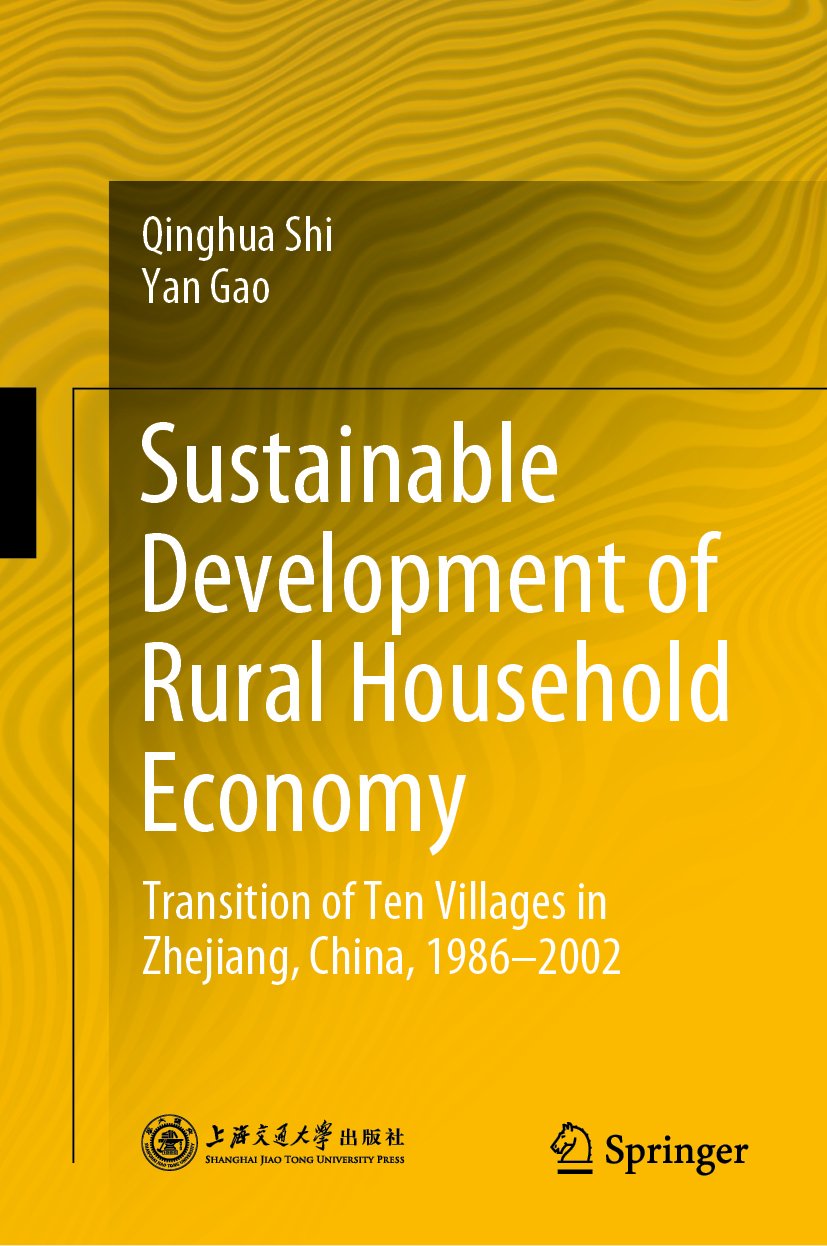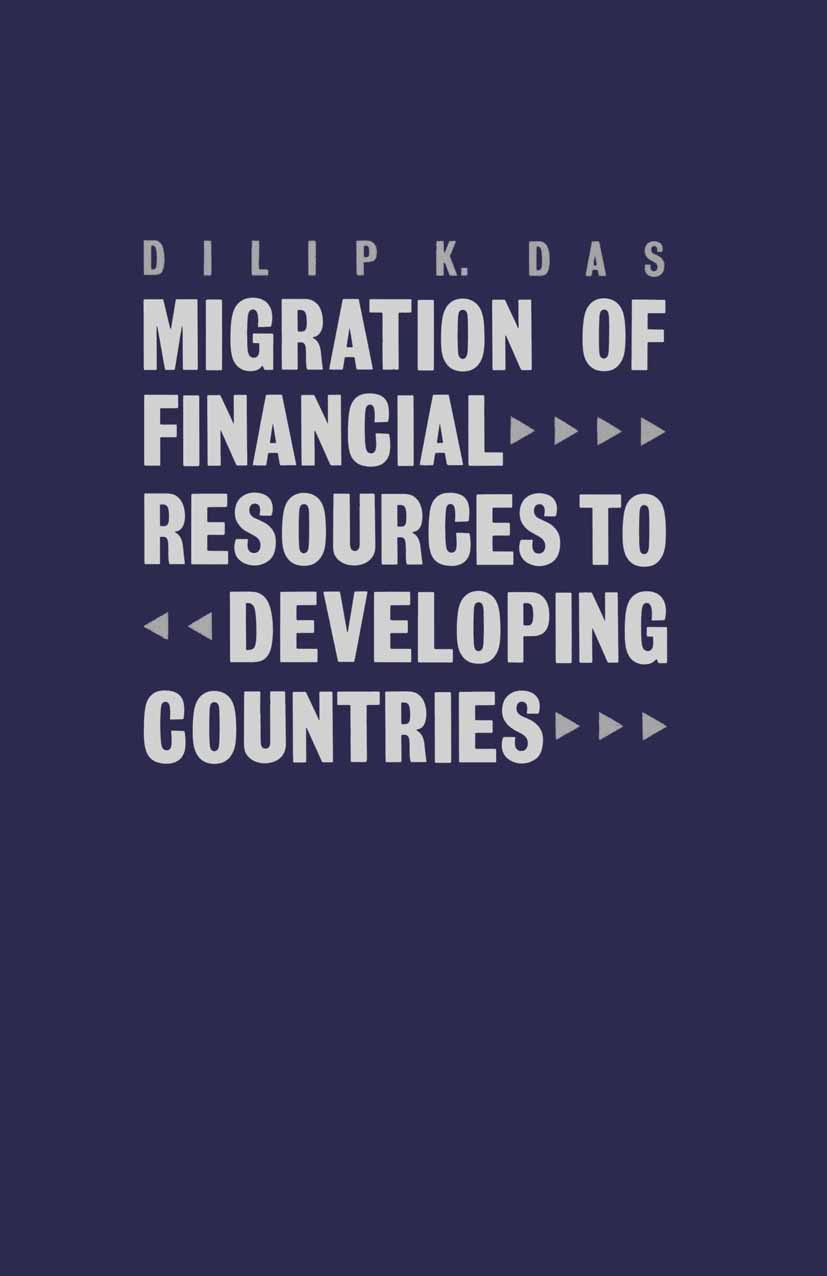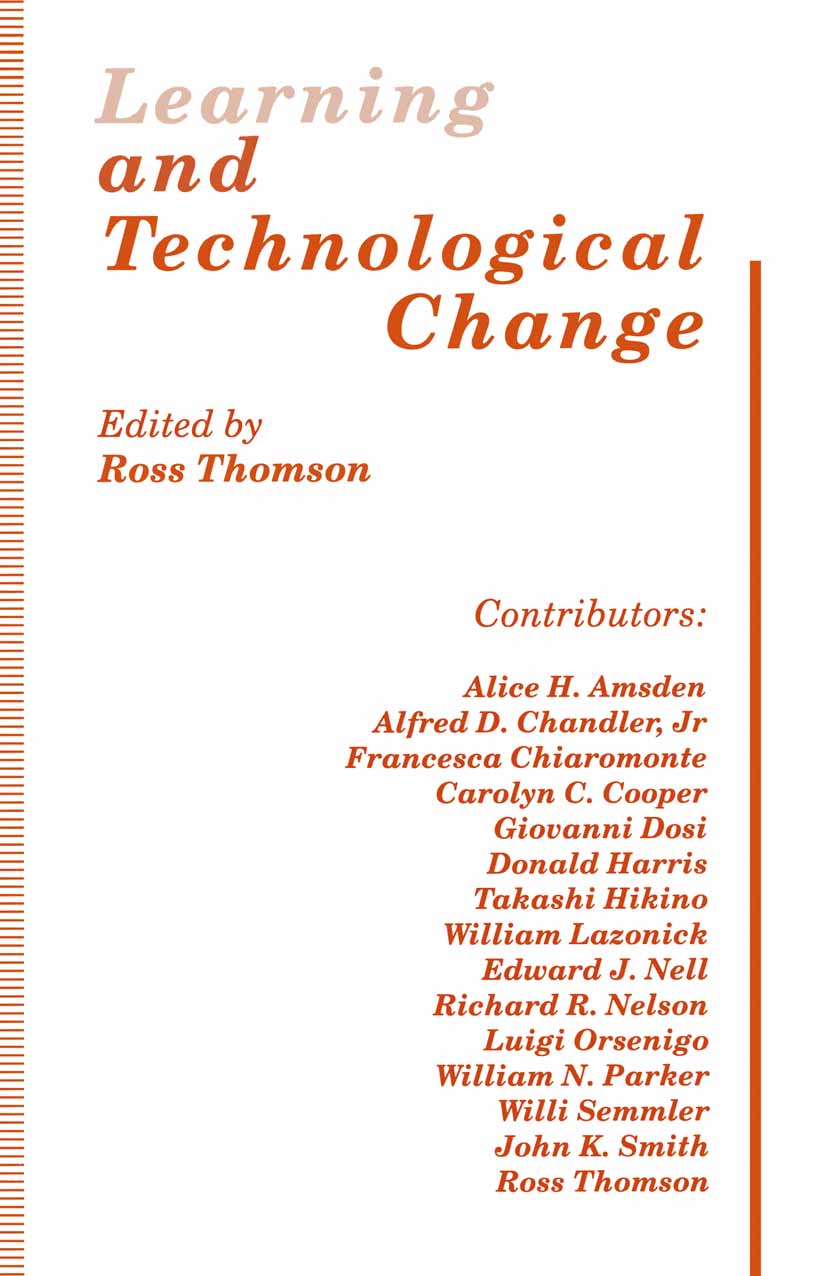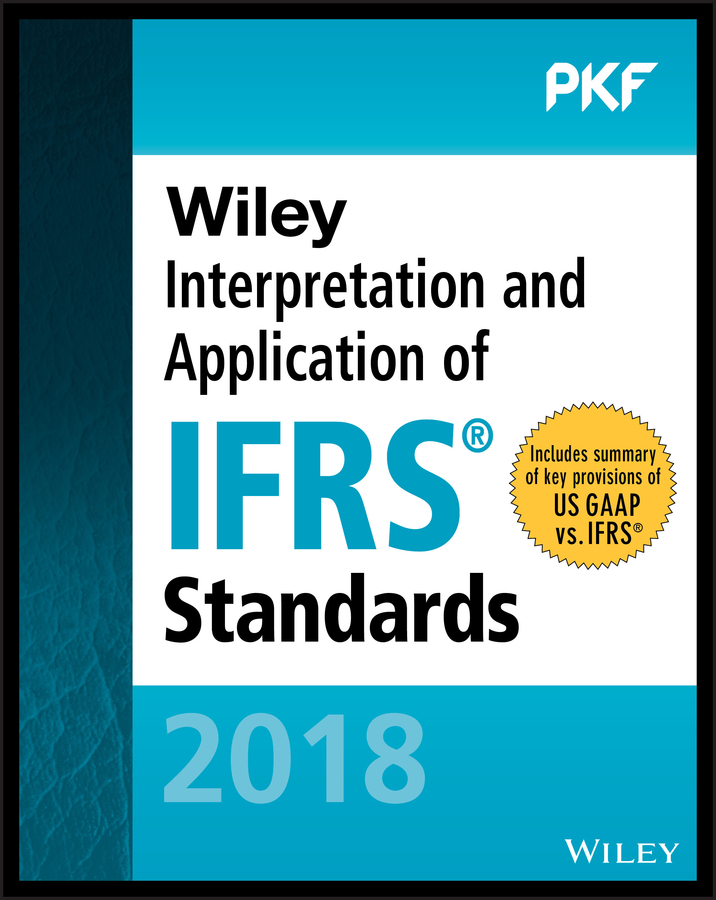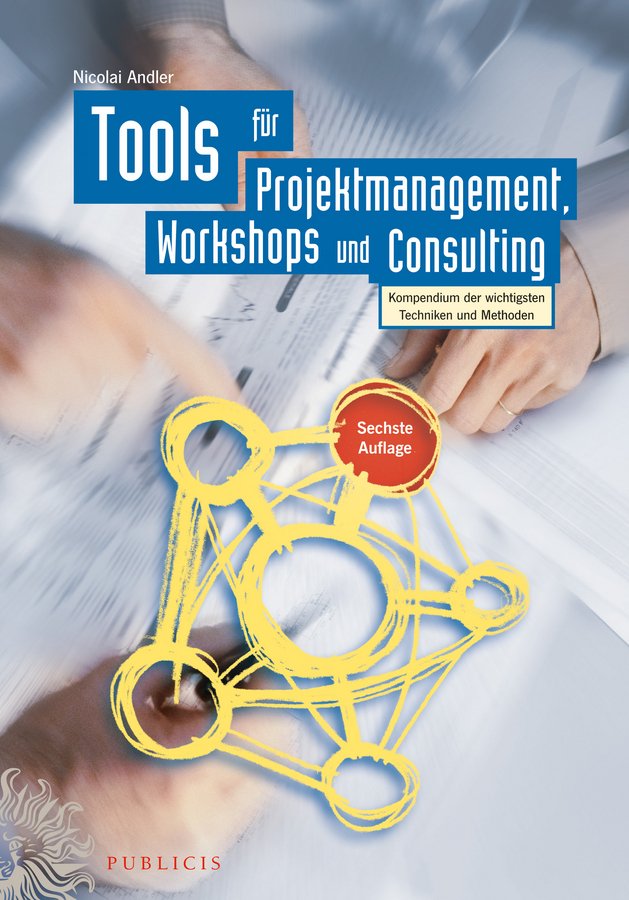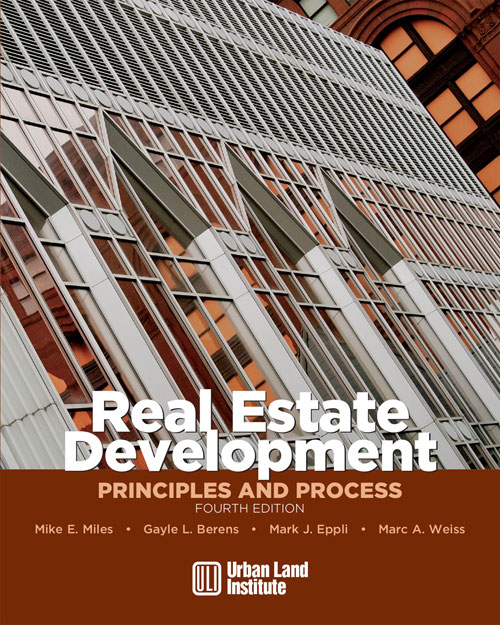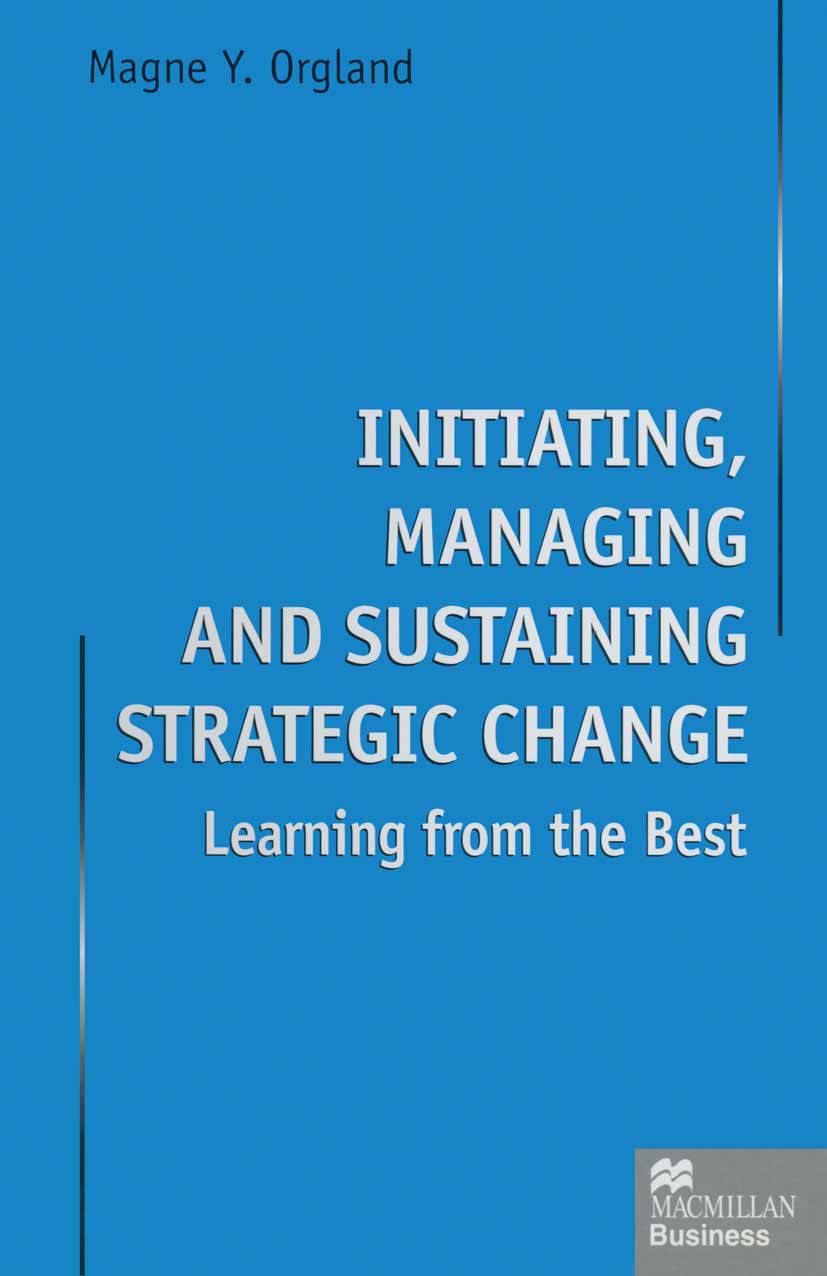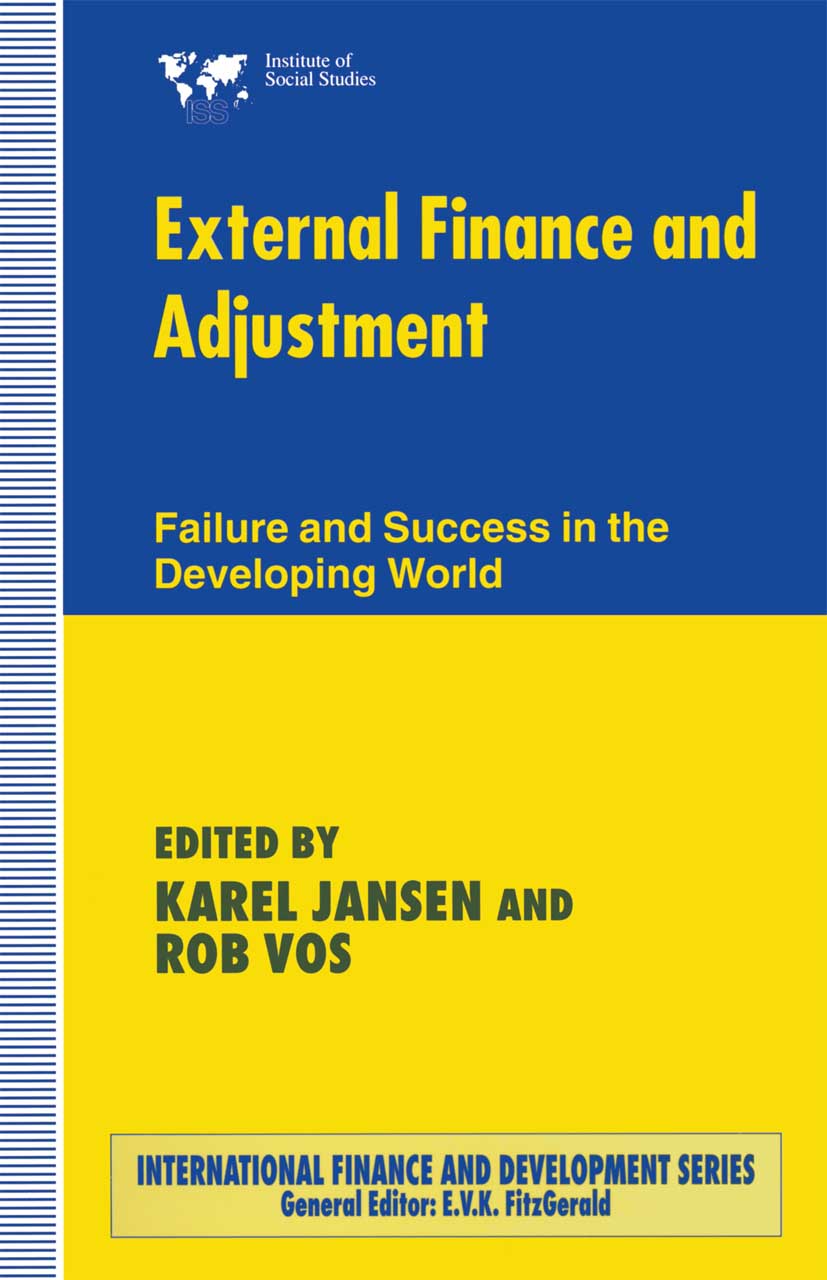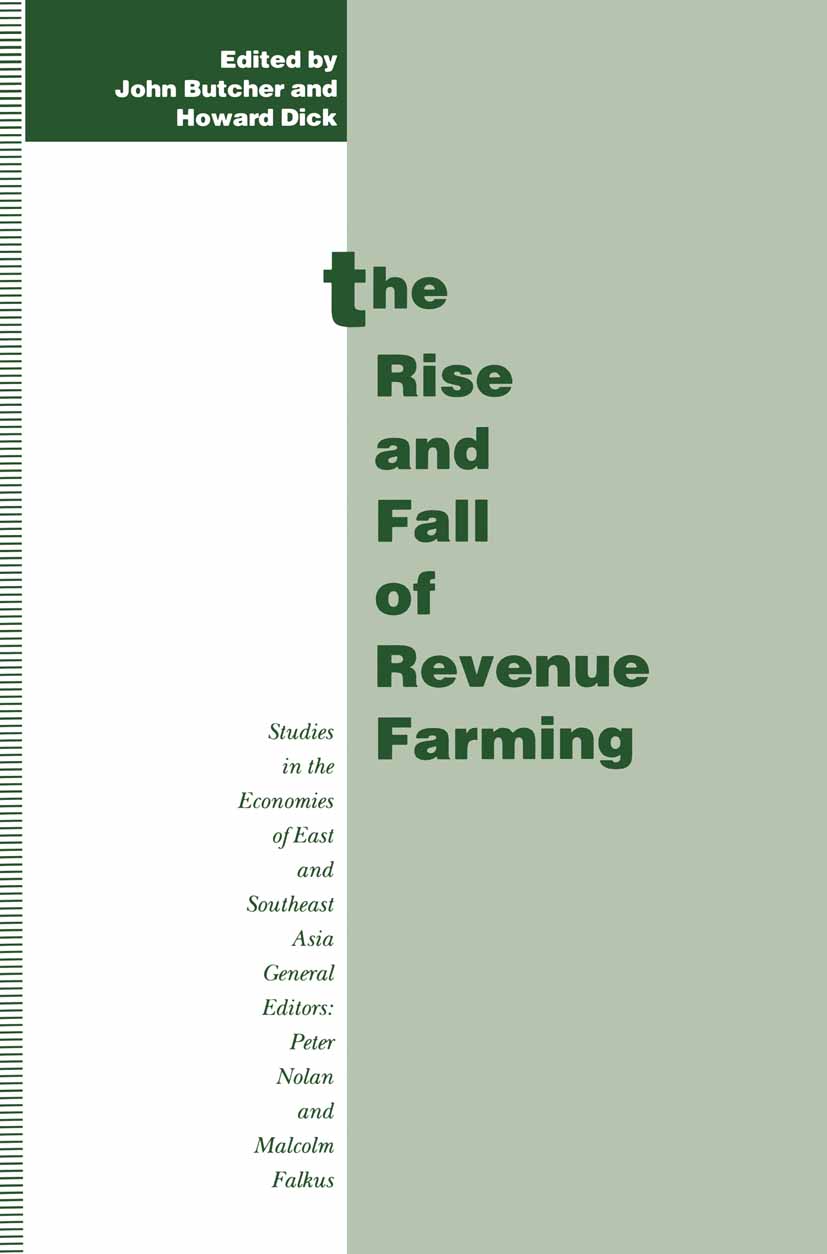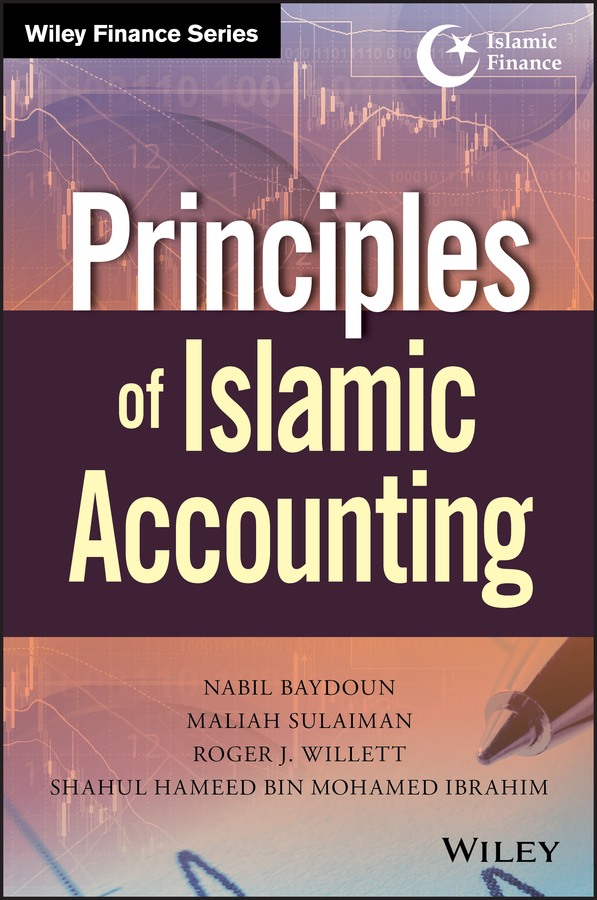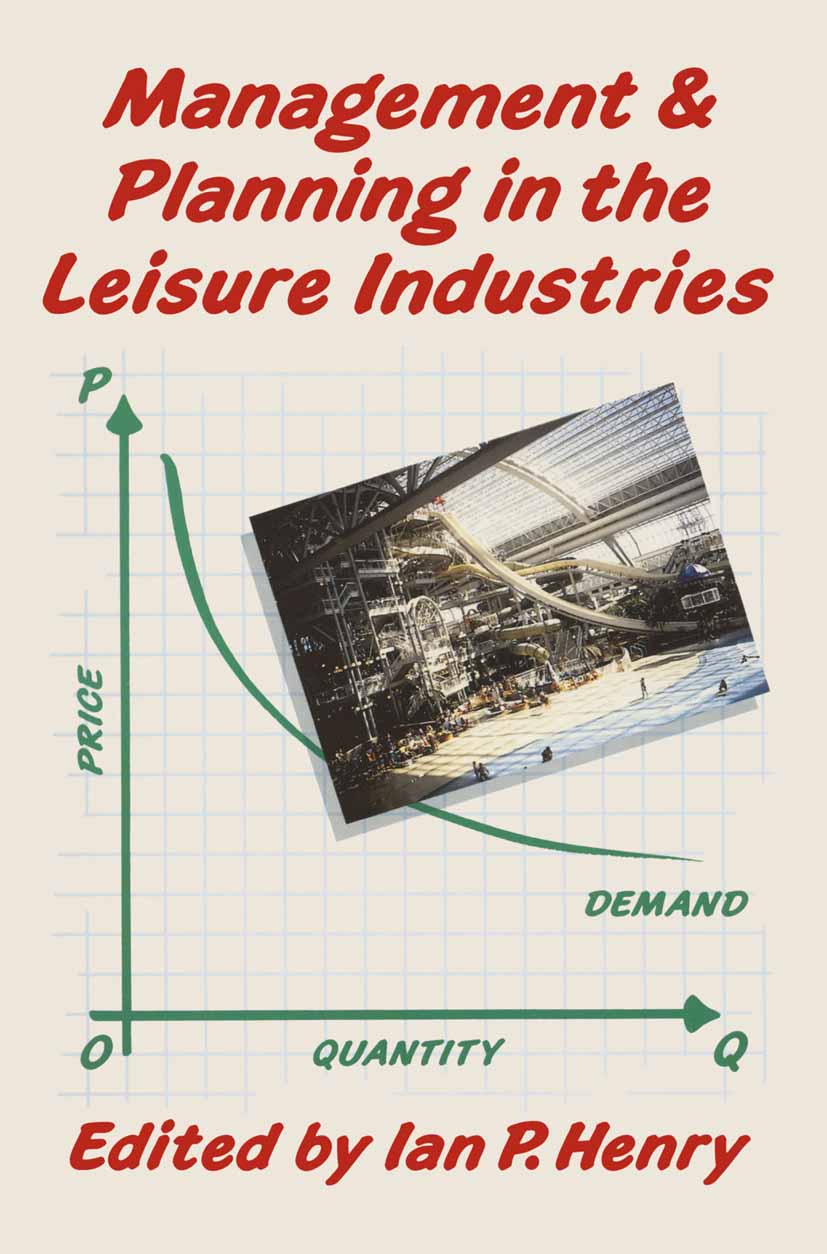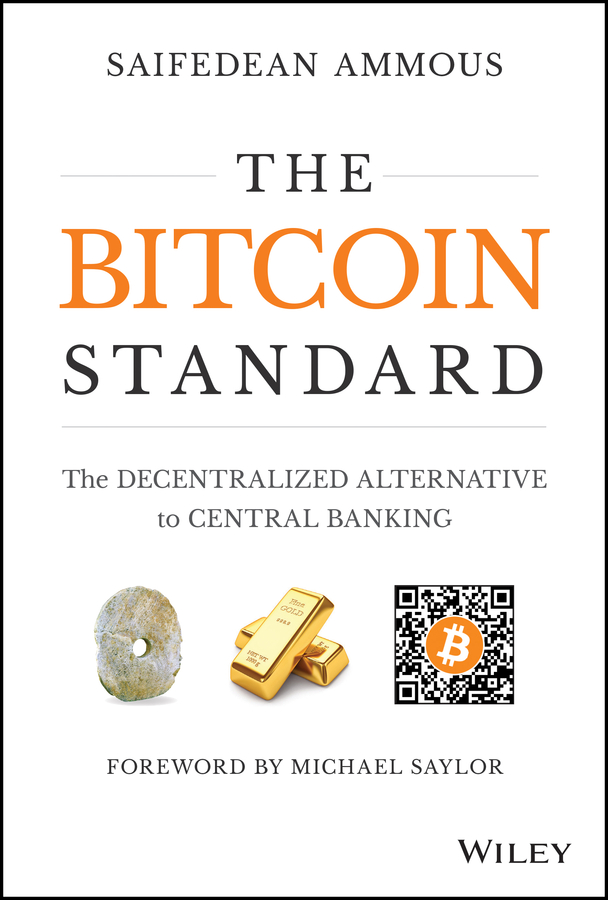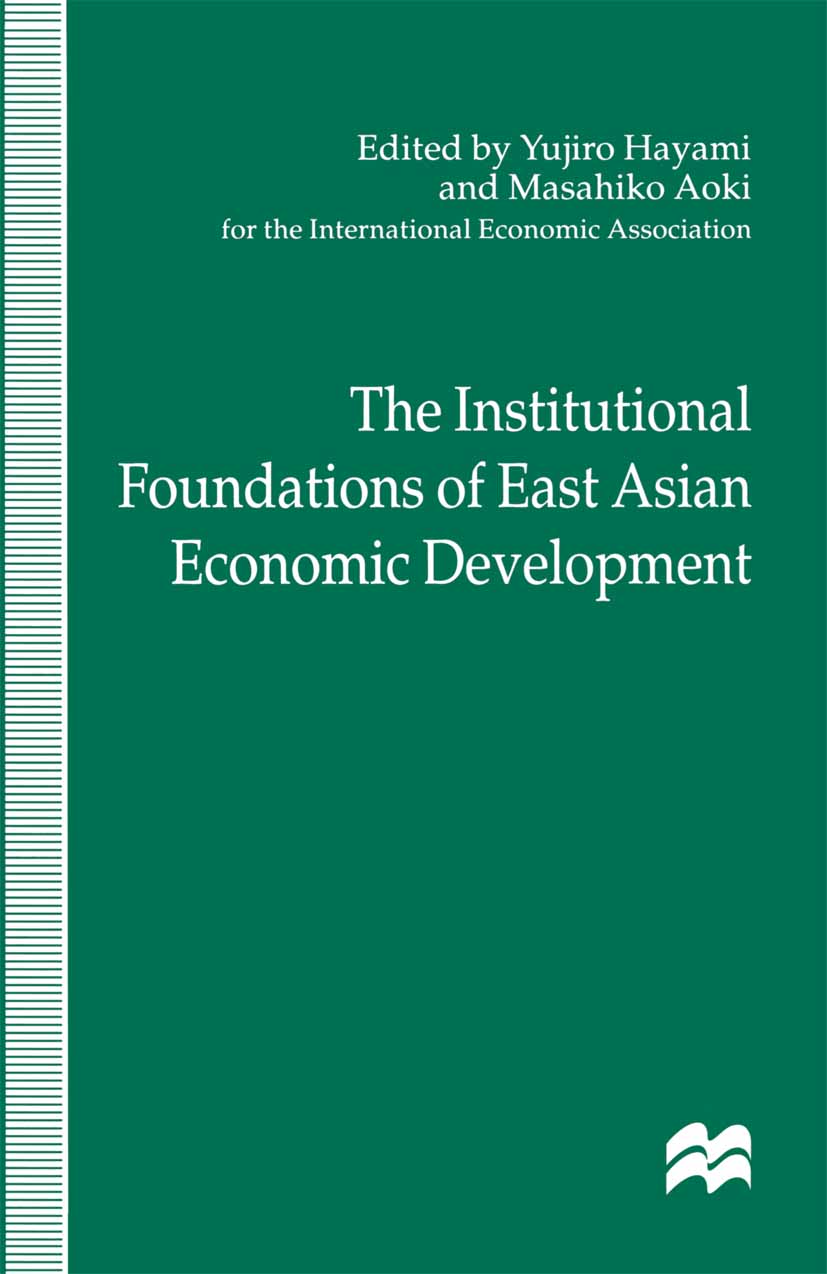Sustainable Development of Rural Household Economy
Sustainable Development of Rural Household Economy
This book focuses on the transition of hundreds of rural households in ten villages in Zhejiang from 1986 to 2002, based on the theme of rural household sustainable development. Drawing on a large amount of first-hand data collected from fixed observ...
Read more
This book focuses on the transition of hundreds of rural households in ten villages in Zhejiang from 1986 to 2002, based on the theme of rural household sustainable development. Drawing on a large amount of first-hand data collected from fixed observation sites for 17 consecutive years, this book has depicted the changes in household behaviour in rural Zhejiang, and analysed the origins of such changes. The contents of the book contain examinations at household and village level. Chapters One to Seven describe the changes in rural behaviour at the household level from different aspects, such as land transfer, saving and borrowing, and rural tax burden. Chapters Eight to Ten analyse the transition concerning household behaviour based on the village level data. This book will help readers with a better understanding of rural China from the micro perspective of household behaviour. This book won the Monograph Award (ranked 1st out of 6 winners in total) in the Third China Rural Development Research Award (2008). It was also awarded the Second Class Excellent Research Achievement in Humanities and Social Sciences by the Ministry of Education (2009). With the help of rich and detailed first-hand data collected from fixed observation sites in ten villages in Zhejiang for 17 consecutive years, this book gives a panoramic analysis of Chinese rural society in transition from the viewpoint of rural household behaviour. It starts the examination from individual rural households, before develops the investigation to the whole villages, so that the study could be carried out in a coherent, reliable and systematic way. Viewing the countryside from its micro perspective under the national political economy framework, the book steps out of the traditional way of inspecting exclusively the rural households and therefore is able to generalise its conclusion at a macro level. The award selection panel in 2008 believed it a unique monography for understanding the macro transition of the Chinese “agriculture, countryside and peasant (三农)” issues from the micro aspect of household behaviour.
Less


